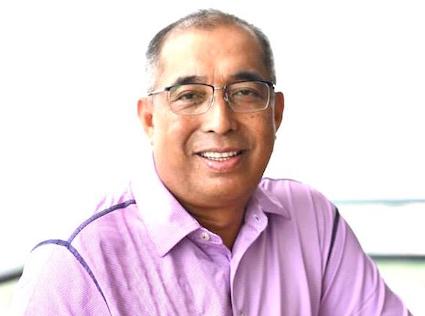
Salleh Said
1. Prominent economist and one-time member of the Council of Eminent Persons (CEP), Jomo Kwame Sundaram, advised the government to put the money from its Samurai bond loan to good use. “Borrowing from Japan may be the best choice now, but what are we borrowing for? This brings us to the question of the ECRL,” said Jomo, who suggested the billion-ringgit East Coast Rail Link (ECRL) project be suspended.
2. When we look at the economy and decide on policies affecting the economy, we must look at it from a more holistic perspective, and not just from one narrow perspective or angle. In 1987, when the global economy took a beating, Malaysia postponed or suspended many projects. Singapore, on the other hand, did the opposite. Instead of cancelling, they brought the projects forward.
3. Malaysia’s rationale was that since we had no money, we should stop spending. Singapore’s rationale was that since the economy was bad, the government must increase spending to help the country’s cashflow. Of course, to be able to do that, you either must have plenty of reserves or you need to borrow money.
4. Yes, it is all about cashflow. Borrowing is not a bad move. In fact, borrowing is a must. No country in the world does not have borrowings and no country can survive if it does not borrow money to pay for its development. And without development, the country will shrink and eventually die.
5. Jomo’s question “but what are we borrowing for?” is valid. We can ask what are we borrowing for but we cannot say the country must not borrow. And as long as we can service our debts from future earnings and income, then debts are not necessarily bad. This is what we need to focus the discussion on, rather than treat debts as bad news.



No comments:
Post a Comment
Note: Only a member of this blog may post a comment.